It is normal to research the health and safety conditions of the places you want to visit. Since Aruba is a Caribbean island and there are several islands in the Caribbean where you don’t get safe water, you might wonder if that’s also the case in Aruba.
Aruba water is safe to drink (from private residence taps) and safe to swim in (in terms of temperature). You still need to exercise common precautions like avoiding potential contamination points when drinking tap water and not swimming where there are blind spots or bad weather.
In this article, you will learn about the three factors to judge swimming water by and how Aruba ranks in each dimension. You will also discover the best practices of swimming in Aruba alongside the precautions to take when drinking tap water on the island.
Table of Contents- 1. Wariruri
- 2. Urirama
- 3. Arashi
- 4. Manchebo Beach
- 5. Dos Playa
- 6. Andicuri
- 7. Dunes/Dooms
- 8. Rodgers Beach
- 9. Druif
- Surfing In Aruba: What To Pack?
- Your Surfboard (optional)
- GoPro Surfboard Mount
- Quick Dry Clothes
- Aruba Surfing FAQs
- Are there lifeguards on Aruba beaches?
- Can I learn to surf in Aruba?
- What beach in Aruba has waves?
- Can you buy a surfboard in Aruba?
- How big are the waves in Aruba?
- Final Thoughts on Aruba Surfing
Swimming In Aruba: How Safe Is It?
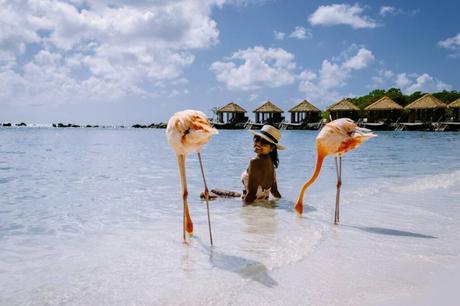
When considering the risks of swimming, one has to look at marine life threats like sting rays and sharks, drowning risks, and, finally, extreme temperatures. These three aspects can introduce danger to an otherwise harmless activity.
Swimming in Aruba is pretty safe from the marine life perspective. The Aruban fish, at least closer to the shore, are not predatory. That’s why swimming is a mass-appeal tourist activity in Aruba. That said, locals estimate an annual average of three deaths due to drowning.
Are There Lifeguards On The Beaches In Aruba?
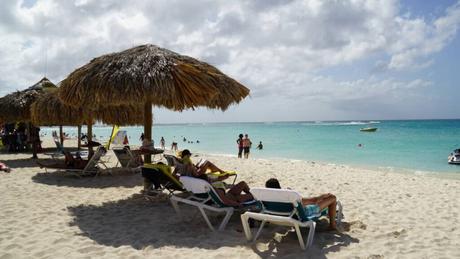
There are no lifeguards on the beaches in Aruba. The water close to the Aruban coast can get turbulent, but there is rarely an elevated drowning risk for adults who know how to swim.
Aruba Water Temperature
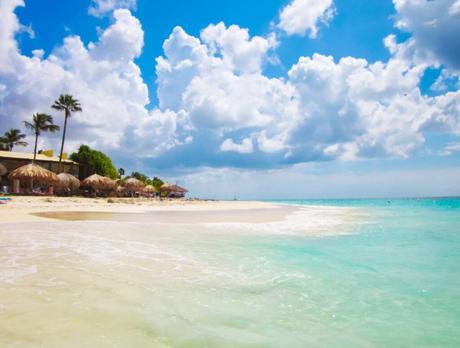
The final factor to consider in a swimming safety assessment is the water temperature. In this aspect, Aruba aces with water temperatures ranging from 79°F to 81°F, depending on the time of the year. In other words, the sea temperature in Aruba is pretty tolerable and safe for swimming.
Swimming In Aruba: The Bottom Line
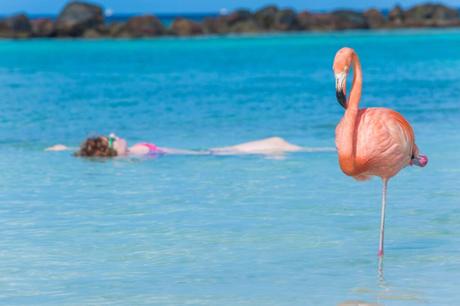
To sum it up, there is no risk from the Aruban marine life or due to Aruba’s sea temperature for swimmers. However, there is a lack of coastguards and a history of unpredictable currents that can make swimming risky for novices and intermediates.
No coastguards on the beach is a point worth remembering when you go swimming. It can and should be worrying for people with pre-teens and toddlers. But for adults who know how to swim, beachside swimming is pretty safe. It might not be as safe to dive from a cruise or a boat in deeper waters, especially around the hurricane season.
Diving vs. Swimming in Aruba
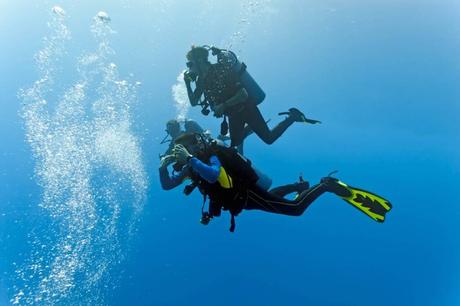
Swimming in Aruba is safer than diving, but you’re likely to be accompanied by professionals when you go diving. In Aruba, there are multiple diving centers that offer instruction and supervision.
However, there are no swimming classes by the beach. If you choose to swim, you’re on your own. But if you go diving, you might have a professional looking over your shoulder.
Still, swimming is safer in Aruba because it gives you the opportunity to get out of the water if you notice disturbances in the current.
Aruba’s deep waters are not safe from June 1 to October 30, which is the hurricane season in the Caribbean. Hurricanes can cause disturbances in the water up to a depth of 300 feet. That is pretty much the length of The Statue of Liberty.
While hurricanes don’t hit the beaches of Aruba, the further off into the sea you are, the riskier it is to dive or to swim.
The Best Practices Of Swimming/Diving In Aruba
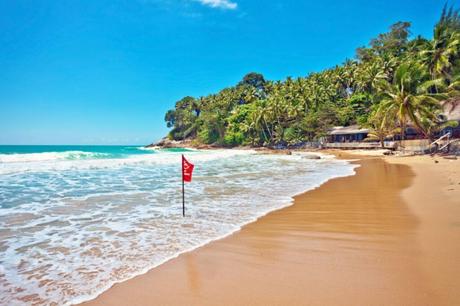
By now, you know that responsibly swimming in Aruba isn’t risky because the inherent factors like water temperature and marine life are not antithetical to swimming. So, let’s explore what swimming/diving responsibly entails in a context where there are no coastguards, and the risk of far-off hurricanes exists. Here are the best practices of swimming/diving in Aruba.
Do Not Let Your Children Swim Alone
Swimming with your kids is okay, but letting them swim while you’re not personally engaged can spell disaster.
Do Not Dive Alone
Adults can manage swimming alone, but when people dive alone, there is a higher chance of things going wrong. Dive into a context where others can tell if you do not come up.
Avoid Deep Waters In The Hurricane Season
Diving and swimming should not be on your list of things to do when there is a hurricane in the Caribbean. Even if that hurricane is far off, its effect can ripple out quicker than you can get out of the water.
Do Not Dive At Night
Diving at night requires advanced expertise that most intermediate divers do not have. So, avoid diving at night in general.
Do Not Let Children Swim At Night
Finally, make sure that your kids do not go out swimming at night, especially in an open body of water like the sea. Even in closed bodies like natural pools, swimming at night can be challenging and scary.
Drinking Tap Water In Aruba
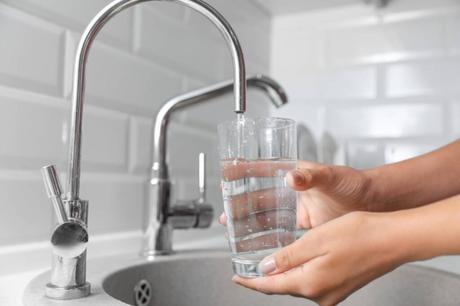
There are far fewer precautions around the drinking water in Aruba because the tap water is desalinated and hence healthy to drink. It meets the stringent criteria of the World Health Organization (WHO) and is consumed by most locals and tourists without complaints.
The taps that are set up to provide drinking water do their job very well. If there is any health precaution that you must take, it is likely regarding the containers you use. Avoid public glasses and containers that might have been used by others.
You will find multiple public taps in different places in Aruba. Some of these taps are not in a healthy environment. In some areas, kids end up putting their lips directly on the public taps.
Where Is Tap Water Safe In Aruba?

Tap water is safe to drink in Aruba, provided that the tap doesn’t have open public access. So the taps that are the likeliest to provide uncontaminated water are the ones located in:
- Hotels
- Dining establishments
- Private residences
Aside from this, you will find many taps that offer desalinated water, but the taps themselves are mishandled and dirty. It is advisable to fill your water bottle from your residence before you leave for a day of tourist activities.
Do You Need To Buy Mineral Water In Aruba?
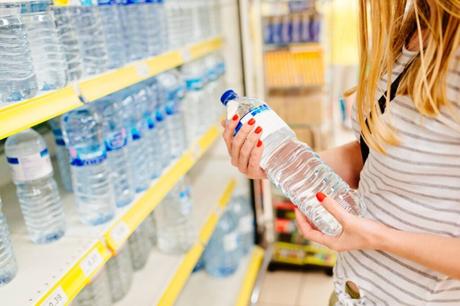
There are many Caribbean islands and vacation destinations that do not offer clean water. Many tourists fail to account for the hundreds of dollars they end up spending just buying mineral water throughout their stays.
It is better to check before you visit a place whether you can drink water from the taps there or have to buy mineral water.
You do not need to buy mineral water in Aruba as long as you fill your travel mug or water bottle from a tap in your Aruba hotel or residence. The tap water is clean and healthy, but public taps can be dirty because of careless use.
The Best Practices Of Drinking Water In Aruba
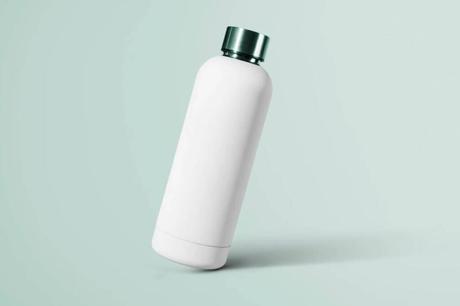
Aruba doesn’t have serious drinking water issues, but you should still avoid public taps and taps located in unhygienic areas. The following practices will ensure that you don’t accidentally drink contaminated water in Aruba.
Bring Your Own Container
If you have a refillable water bottle, you should take it on your vacation. It is better if the bottle is insulated like the Contigo Snapseal Travel Mug. Such containers keep cold water cold. Fill it from your hotel room, Airbnb, or a private residence.
As long as you have a water bottle or a travel mug with you, you don’t have to drink from public taps.
Use A Screw-On Filter For Extra Security
This isn’t essential, but if you are skeptical of taps in general, you can screw on the Pur Plus Faucet Mount Water Filtration System over the tap to further filter the distilled tap water.
What Should I Be Careful Of In Aruba?
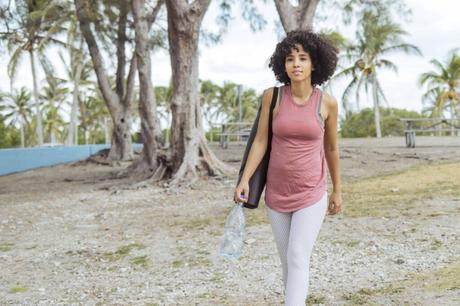
If you’ve read this far, you’re probably planning to visit Aruba and want to be as prepared as possible. In Aruba, you don’t need to be as worried about water safety as you must be about petty theft and minor crimes. Here are the things you must be careful about:
Carry Your Own Water
By carrying your own bottle of water, you make sure to avoid unhygienic water from poorly maintained public taps. More importantly, you can be sure that nothing is mixed in with your water to make you doze off.
While not very common, knocking out tourists to steal their belongings is one of the modes of operation of criminals.
Do Not Flash Your Belongings
Avoid being too flashy with your belongings in Aruba. Pickpockets can take your mobile and wallet from your pocket whenever you enter a crowded area.
Don’t Venture Too Far Off From The Main Tourist Spots
Finally, avoid going too far away from the main tourism hubs. It is easier to get away with crime the further you go into, the less developed parts of Aruba.
Final Thoughts on Aruba Water Safety
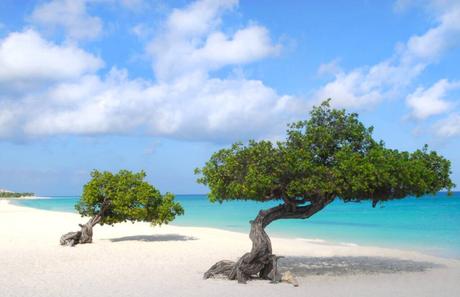
Aruba water is safe for swimming and drinking, provided that you take reasonable precautions. Don’t swim in the dark or too far away from the coast, especially in the hurricane season, and don’t drink water from public taps to avoid contamination. Even a slight degree of caution is enough to protect you when you swim or when you drink tap water in Aruba.

